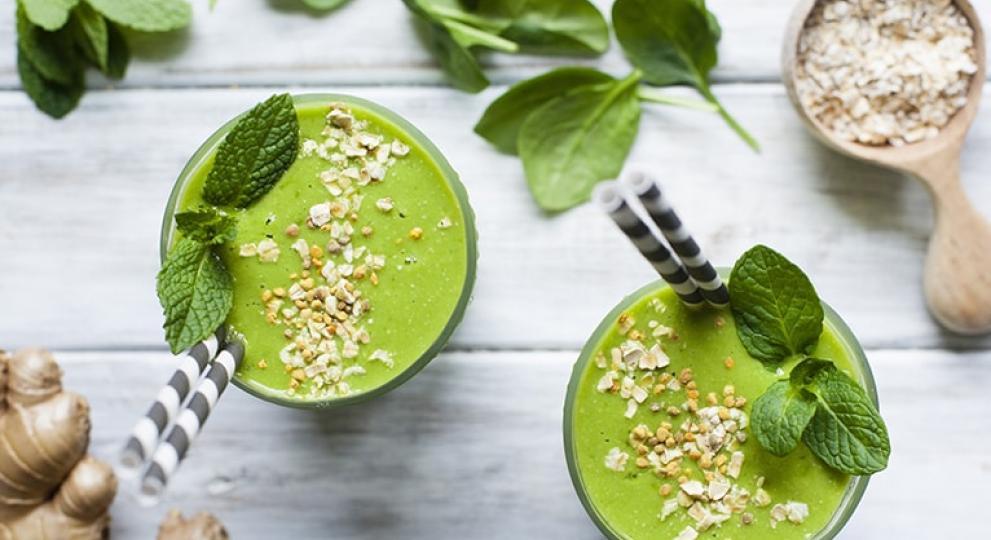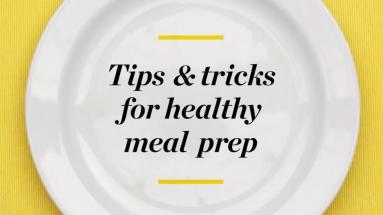Managing nutritional concerns: difficulty chewing or swallowing
Cancer treatment can affect the ability to chew or swallow solid textured foods due to oral soreness, pain, inflammation, irritation, and/or physical changes or weakness after surgery. Certain textures may be easier to eat, such as soft solid foods, pureed foods, shakes and smoothies. It is important to seek nutritional guidance if you have been prescribed a special diet for a diagnosis of dysphagia (a swallowing disorder) or to provide guidance on consuming enough calories throughout the day.1
Tips for people experiencing difficulty chewing and swallowing2,3
- Avoid foods that are spicy, acidic and rough or coarse in texture
- Choose foods that are soft and easy to chew such as soups, smoothies, yoghurt, hot cereals, casseroles, eggs, tender meats, and well-cooked and mashed fruits and vegetables
- Avoid alcohol and tobacco, which may irritate your mouth and throat
- Use sauces, liquid or gravy to moisten food
- Consume foods at room temperature
- Eat small frequent meals (five or six times a day) instead of three large meals
- Eat meals high in protein/calories or add a dietary supplement
- Sit upright while eating or drinking
- Do not lie down immediately after eating or drinking
How to puree food
- Chop solid food (such as chicken or beef) into small pieces
- Place the food in a blender or food processor
- Add a liquid such as milk, juice, or broth to the blender or processor
- Puree the mixture. You will have to experiment with this to come up with the right proportions of liquid and solid food to create the right consistency for you
More information is available at Macmillan Cancer Support.
Contact your doctor if you are having trouble swallowing, difficulty with coughing while eating or drinking, you experience a choking sensation, have pain or lose weight.
References
- Difficulty Swallowing. Cancer.Net. Accessed August 2022.
- Elliot, L. Symptom Management of Cancer Therapies in Lesser M, Ledesma N, Bergerson S, Trujillo E, eds. Oncology Nutrition for Clinical Practice. Oncology Nutrition Dietetic Practice Group of the Academy of Nutrition and Dietetics: 2013. pg 117.
- American Institute for Cancer Research, Savor Health and LIVESTRONG. Heal Well: A Cancer Nutrition Guide. 2013. Accessed August 2022.
The health information contained herein is provided for educational purposes only and is not intended to replace discussions with a medical professional. All decisions regarding patient care should be made with a medical professional.










